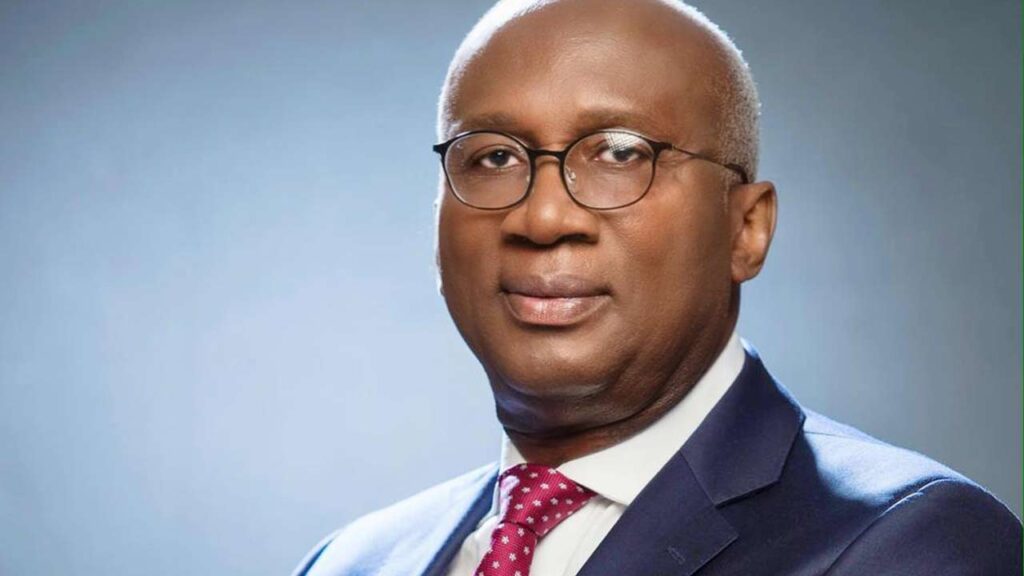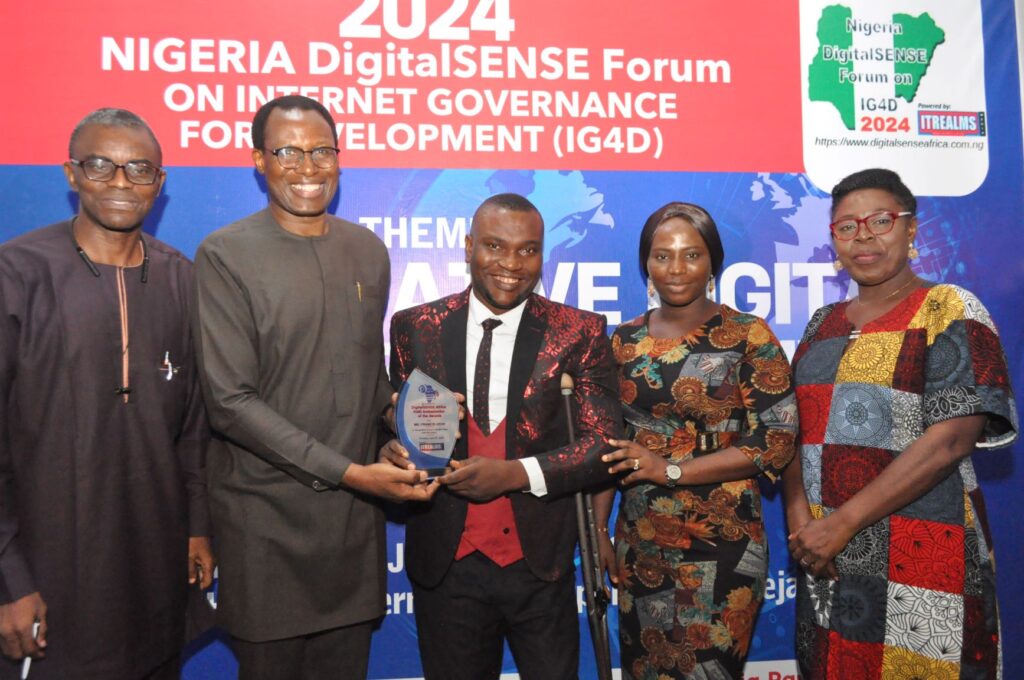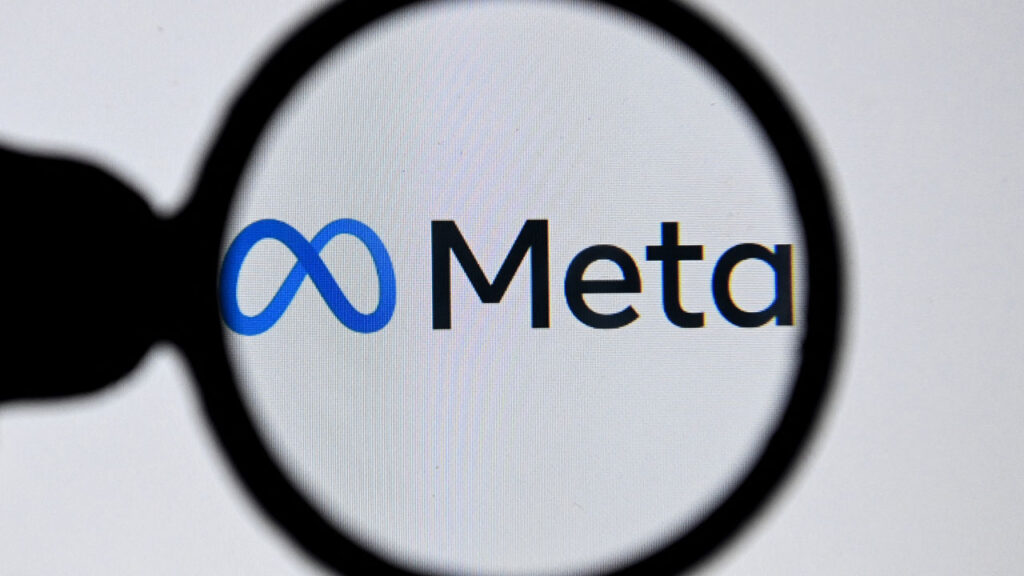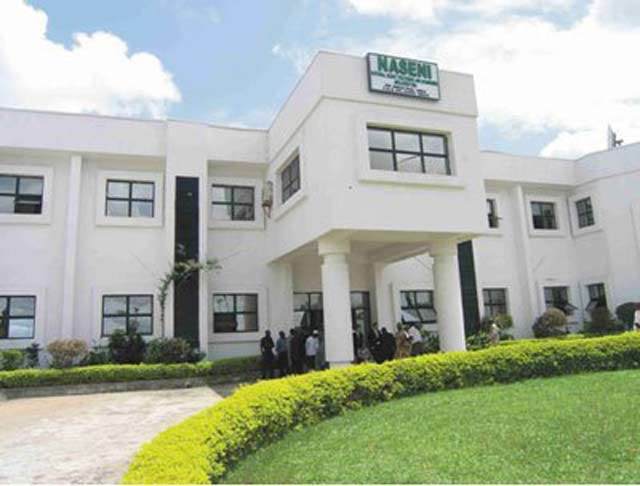
• To connect LGs to Internet
• Minister sees AI creating more jobs
The Federal Government is currently working on a template to ensure that different ministries, departments and agencies (MDAs) in the country can exchange data seamlessly.
This plan is expected to birth the Nigerian Data Stack, which would be a framework for how technology is used in government and allow the FG to have a single portal where all government services can be accessed. This is expected to be ready in eight months.
The Minister of Communications, Innovation and Digital Economy, Dr Bosun Tijani, disclosed this on a television live programme monitored by The Guardian at the weekend.
The issue of seamless data exchange among MDAs came when Tijani spoke on the future of technology in Nigeria.
“The future is bright. President Tinubu has equally challenged us to activate the proper use of technology in government. The foundation has been laid in Nigeria with the digital ID (NIN) and payment infrastructure through NIBSS.
“The only thing lacking is data exchange, which is the ability of different parastatals of government to be able to exchange data. This is what we are currently building with the support of the World Bank and that should be ready in six to eight months. Once we have that, we now have what we call the Nigerian Stack, which is going to be the framework for how technology is used in government and that framework will allow FG to have a single portal where all government services can be accessed,” he stated.
According to him, before the President’s declaration that the country should invest in digital infrastructure, the ministry was already putting up a fund, which should be launched soonest.
“From this fund, we are going to lay fibre optic cables across the country. This will ensure that regardless of where anybody finds himself or herself in the country, you can access the Internet. The quality of the Internet would improve as well and we expect the cost to also drop significantly,” he stated.
The minister, who also used the opportunity to talk about the forthcoming National Artificial Intelligence Strategy Workshop scheduled for April 15th to 18th, 2024 in Abuja, said multinationals including Google, Meta, and Deep Mind, among others, would participate. He said the outcome of the meeting would be out for people to see, comment and implementation would follow.
According to him, the resulting strategy from the sessions would help the government to deliver the priorities and implementation approach towards improving lives and growing the nation’s economy through the application of AI.
Describing the strategy framework that would be developed as a significant step in the country’s AI journey, the Minister highlighted his AI efforts since he assumed office last year: “One of the earliest initiatives from the start of my term in office was to properly define and outline a comprehensive Artificial Intelligence Strategy for Nigeria.
“The need to coordinate and harness the power of AI for national development is a critical element in our journey toward the use of technology to accelerate productivity in our country.
“AI offers us the opportunity to leverage technology to solve some of our most complex and urgent challenges in education, agriculture, healthcare and so much more.
“Recognising the incredible depth of talent of Nigerian descent scattered all over the world working in the field of AI, we very quickly looked to identify some of these leading researchers and started to engage them in a number of our initiatives.
“From the National Artificial Intelligence Research Scheme (NAIRS) to the Fourth Industrial Revolution Technology Application (4IRTA) project, we have worked with these talented academics and entrepreneurs towards the mainstreaming of the application of AI in our everyday lives.”
Tijani, who said as a nation, the country must find a way to manage AI because of some challenges around it, especially issues around deep fakes and the like, believed that the technology is one of the two top innovations that have significant implications for humanities.
According to him, while the West is worried about job losses, “I believe that in Nigeria and another part of Africa, AI would help race the level of productivity and areas we have not performed well before now. I strongly believe that AI will help Nigeria to create more jobs.”













